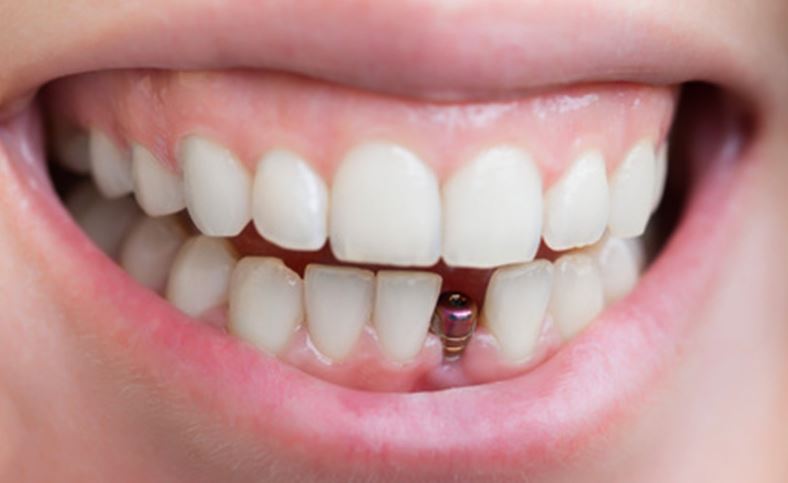What Is the Life Span of a Dental Implant?

Implants are real artificial roots in titanium, able to support a bridge or a dental crown without the need to use the surrounding dental elements as support. Choosing the right expert for the procedure is essential. Quality Dental Care has the best implant dentist Fulham who can carry out a successful procedure on you.
 Replacing one or more lost teeth by inserting implants allows us to obtain a new dentition very similar to the natural one, both in appearance and function. Thanks to modern implantology techniques, applying a titanium screw inside the edentulous bone tissue takes place safely under local anesthesia. How long does an implant last? We will look at the different determining factors.
Replacing one or more lost teeth by inserting implants allows us to obtain a new dentition very similar to the natural one, both in appearance and function. Thanks to modern implantology techniques, applying a titanium screw inside the edentulous bone tissue takes place safely under local anesthesia. How long does an implant last? We will look at the different determining factors.
What Does the Duration of an Implant Depend On?

What does the duration of a dental implant depend on? Although it is not possible to establish with certainty the “expiration date” of an implantology job, with some precautions, we can positively influence its success. The life of endosseous implants may depend on the set of the following variables:
- Home oral hygiene habits of the patient with implants, who must undertake to maintain excellent cleaning of the teeth and gums over time;
- Frequency of post-surgery checks and professional dental cleaning sessions in the office, during which the dentist will have the opportunity to check the state of the new artificial roots and the periodontal tissues that support them;
- General health conditions of the patient, an essential factor not to be neglected and responsible for interfering, if not controlled, on the health of the dental implants, as well as on the entire dentition;
- Skills and experience of the chosen implantologist doctor to carry out the surgery. Although it is a relatively simple operation, implant surgery involves the insertion of a titanium screw into the bone, so specialized and trained professionals must only do it;
- Location of implant insertion: based on the position of the lost teeth to be rehabilitated, the quality and compactness of the bone, and therefore the probability of duration of the implant-prosthetic work vary.
These are the main factors to consider when deciding to approach implantology, in front of which it is easy to understand why the duration of an implant can vary significantly from one situation to another.
 To get a more precise idea, we can examine the data collected by the various scientific studies carried out at an international level. The estimates show that ten years after the intervention, out of 100 implants inserted, a number between 90 and 96 are still functioning.
To get a more precise idea, we can examine the data collected by the various scientific studies carried out at an international level. The estimates show that ten years after the intervention, out of 100 implants inserted, a number between 90 and 96 are still functioning.
Based on these data, it can be understood that the lower the patient’s age, the more there is the possibility that the implant needs to be replaced at least once in a lifetime. Conversely, a person who undergoes surgery at an advanced age will have greater hopes of considering his new artificial roots as definitive.


